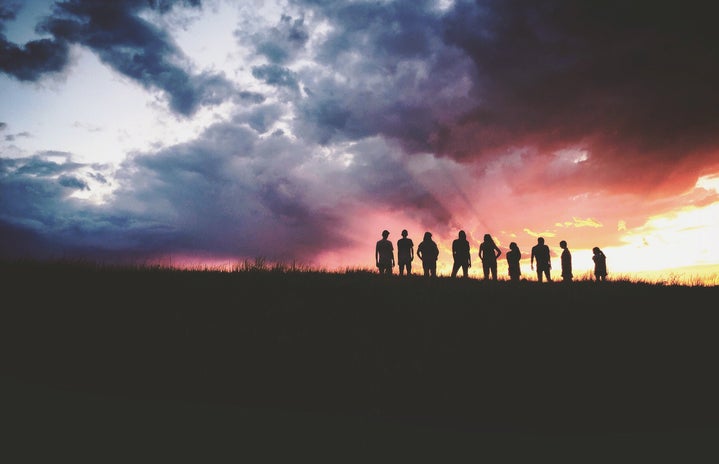“So in Chemistry class, we were supposed to mix potassi-yum with…”
“Mix what?” I asked my friend incredulously.
“Potassi-yum,” she said casually, almost as if she were talking about the weather.
“Repeat what you just said?” I demanded, horrified.
“Potassi-yum.” She shrugged, almost as if she hadn’t just triggered inner turmoil within me.
I was about to leave the matter as a difference of opinion, and continue my day peacefully. Let it go, I told myself… “But it’s pronounced potash-ium!” I burst out.
The floodgates were open and there was no turning back. My palms were clammy, and I broke into a sweat. Was I capable enough to fight this noble fight? Did I have the necessary arguments ready to prove that it was indeed potash-ium and not potassi-yum? I looked back at all the other times I had wanted to speak up.
Apparently, there was no “torch” on my phone, it was a flashlight. The car did not need petrol, it needed gas. It wasn’t a biscuit, it was a cookie. The Incident of the Potassi-yum made me reflect on the sheer difference of how I spoke.
I couldn’t help but notice that I said “plaant” whereas my friends said plant. I rolled my R’s, my T’s and D’s made hard sounds, and I said “twenty,” not “twenny.” I found it hard to understand phrases like “cool beans,” and “boy howdy.”
Conversely, my friends didn’t understand the Hindi exclamation “Arrey!” that encapsulates any emotion. They didn’t get that “ulta” means upside down (which is how I felt when I first arrived at the United States), and that “pyaar” means love (which is what I felt for them once I got to know them better).
However, I contemplated the subjects we agreed on. We agreed that Sherlock was the best TV show, that we both loved s’mores with graham crackers, that baby animals were really cute, and that vegan food tasted really bad.
As we sat and watched the first episode of Sherlock together, I realized that the pronunciation didn’t matter as much as the words that we communicated with did. The words helped me have conversations with them about their families, their hopes and dreams, and about politics and culture.
After my epiphany, I walked up to my friend jubilantly. “It doesn’t matter that we don’t pronounce stuff the same way,” I told her. “In fact, the disagreements lead to more conversations, and we learn more about each other’s cultures. How about we agree to disagree? I say it’s potash-ium, and you say it’s potass-ium.”
“K,” she said apathetically. “Let’s go watch Sherlock.”
If you would like to write for Her Campus Mount Holyoke, or if you have any questions or comments for us, please email mt-holyoke@hercampus.com.


